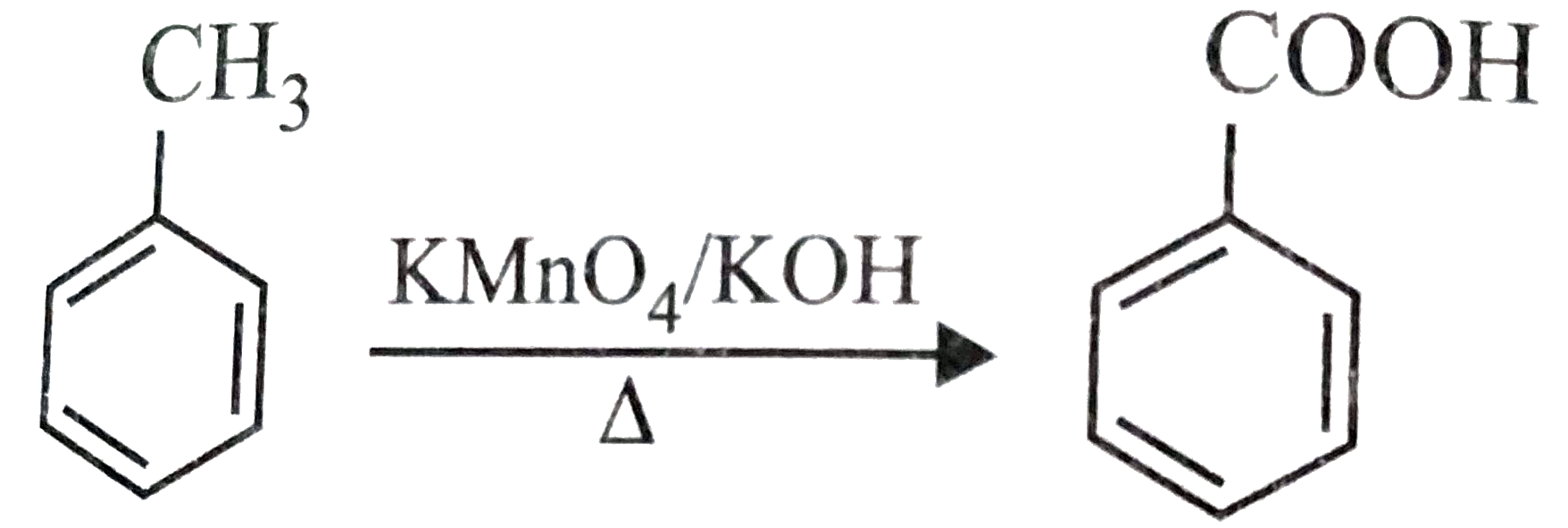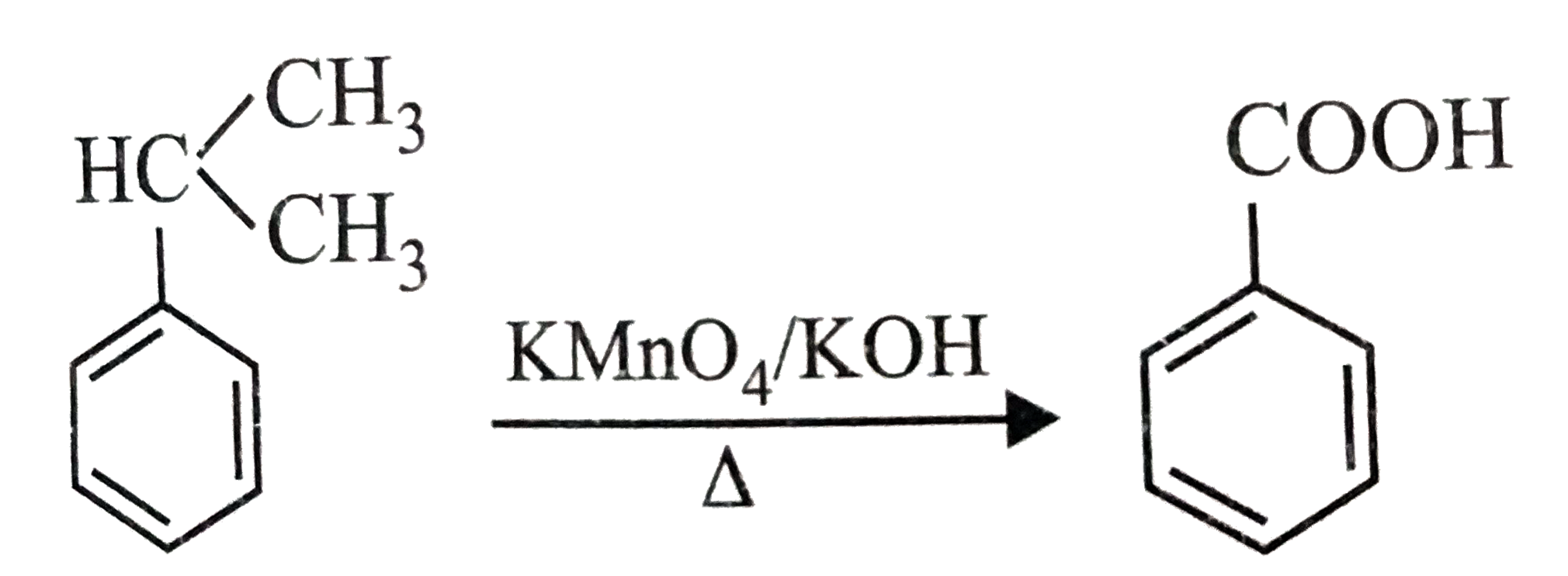For which one of the follwing reactions does not molar enthalpy change of a reaction corresponds to the lattice enegry of KBr.
K(s)+1/2Br2(l)→KBr(s)
K(g)+1/2Br2→KBr(s)
K(g)+Br(g)→KBr(g)
KΘ(g)+BrΘ(g)→KBr(s)
To determine which reaction does not correspond to the molar enthalpy change related to the lattice energy of KBr, we must first understand what lattice energy is and how it relates to enthalpy changes in reactions involving ionic compounds.
1. Understanding Lattice Energy:
Lattice energy is the energy released when gaseous ions combine to form an ionic solid. It can also be viewed as the energy required to separate one mole of a solid ionic compound into its gaseous ions.
2. Identifying the Reactions:
We need to analyze the given reactions (not provided in the question) to see how they relate to the formation or dissociation of KBr.
3. Analyzing Reactions:
- For reactions where solid KBr is formed from gaseous ions (K⁺ and Br⁻), the enthalpy change corresponds to the lattice energy.
- Conversely, for reactions starting from solid KBr and producing gaseous ions, the enthalpy change will also correspond to the lattice energy but with a negative sign (since energy is absorbed to break the lattice).
4. Finding the Exception:
The question asks for the reaction that does not correspond to the lattice energy. This would typically be a reaction that does not involve the formation or dissociation of KBr from its gaseous ions.
5. Conclusion:
Based on the understanding that lattice energy is specifically related to the formation of solid ionic compounds from gaseous ions, the reaction that involves gaseous ions being converted back to a solid ionic compound (KBr) is the one that does not correspond to the lattice energy.
Thus, the answer is that the fourth option (which involves gaseous ions converting to solid KBr) does not correspond to the molar enthalpy change related to the lattice energy of KBr.
Lattice energy is the energy released when gaseous ions combine to form an ionic solid. It can also be viewed as the energy required to separate one mole of a solid ionic compound into its gaseous ions.
We need to analyze the given reactions (not provided in the question) to see how they relate to the formation or dissociation of KBr.
- For reactions where solid KBr is formed from gaseous ions (K⁺ and Br⁻), the enthalpy change corresponds to the lattice energy.
- Conversely, for reactions starting from solid KBr and producing gaseous ions, the enthalpy change will also correspond to the lattice energy but with a negative sign (since energy is absorbed to break the lattice).
The question asks for the reaction that does not correspond to the lattice energy. This would typically be a reaction that does not involve the formation or dissociation of KBr from its gaseous ions.
Based on the understanding that lattice energy is specifically related to the formation of solid ionic compounds from gaseous ions, the reaction that involves gaseous ions being converted back to a solid ionic compound (KBr) is the one that does not correspond to the lattice energy.
Topper's Solved these Questions
- THERMODYNAMICSBOOK - CENGAGE CHEMISTRY ENGLISHCHAPTER - THERMODYNAMICSEXERCISE - Exercise
1 Videos
- THERMODYNAMICSBOOK - CENGAGE CHEMISTRY ENGLISHCHAPTER - THERMODYNAMICSEXERCISE - Ex 6.1
26 Videos
- STOICHIOMETRYBOOK - CENGAGE CHEMISTRY ENGLISHCHAPTER - STOICHIOMETRYEXERCISE - Archives Subjective
33 Videos
Similar Questions
Knowledge Check
Which of the following reactions does not occur ?
A B
B C
C D
D
The enthalpy change of a reaction does not depend upon
ANature of intermediate stateBDifference in initial and final temperatureCPhysical state of reactantDUse of different reactant for the same reactionWhich of the following expressions is correct to calculate enthalpy of a reaction ?
AΔHreaction=ΣΔfHreactions−ΣΔfHproductsBΔHreaction=ΣB.E.products−ΣB.E.reactantsCΔHreaction=ΣB.E.reactants−ΣB.E.productsDΔHreaction=ΔH1×ΔH2×ΔH3...
Which one of the following reactions does not come under hydrolysis type reaction?
View SolutionWhich one of the following reactions does not involve either oxidation ore reduction ?
View SolutionWhich of the following defects does KBr show?
View SolutionEnthalpy chane of a reaction with be equal to
View SolutionWhich of the following reactions does not show the correct products of the reaction?
View Solution
